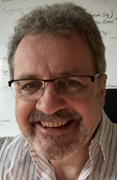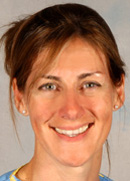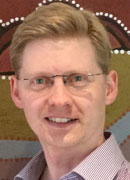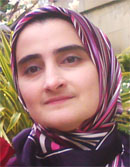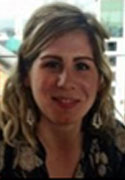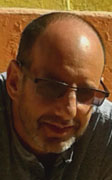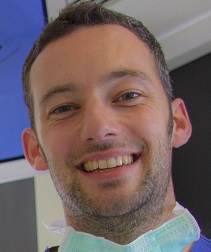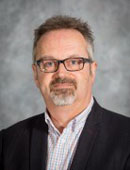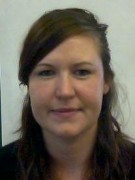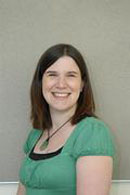 The members of this research team, Alina Schartner Luisa Wakeling Lindsey Ferrie Clare Guilding and I came together as part of an institution-wide initiative aimed at fostering cross-discipline collaboration in educational research (EquATE).
The members of this research team, Alina Schartner Luisa Wakeling Lindsey Ferrie Clare Guilding and I came together as part of an institution-wide initiative aimed at fostering cross-discipline collaboration in educational research (EquATE).
We all work in different areas and different disciplines within the university, teaching on vocational undergraduate degrees within the medical faculty (dentistry, medicine), where the majority are UK students with a limited number of international places, non-vocational biomedical science degrees, who have a large, ever growing proportion of international students (10-25%), to postgraduate teaching in the social science and humanities, where the majority of students registered are ‘international’. We have a diverse array of responsibilities within our schools, with roles encompassing management, teaching and support at both the undergraduate and postgraduate level, but we are all involved in student induction processes. The project we have carried out, was supported by an educational development grant from ERDP, FMS, which enabled the employment of a student research assistant (Grace Peterson, PG student, HaSS).
Student induction and transition into the university lifecycle is a complex topic for HE practitioners. The bourgeoning body of research in this area is characterised by multiple perspectives on which format is most appropriate. Theoretical models are conflicting; on whether induction should focus on distinct areas such as academic, social, cultural or psychological transition into HE, or indeed if it should cover them all. It is proposed that although most models have an ethos of support, few are student-led and many lack student engagement because the relevance and timeliness of the induction approach may not yet be clear to the students. In a time of increased student diversity the need to involve students more centrally in the design and purpose of induction events is more critical than ever.
In response, our project aimed to evaluate current induction processes at Newcastle University, across subject areas and levels of study, through an investigation of students’ opinions about current provision. A secondary aim was to identify implications for practice from a student perspective. Our enquiry was driven by two overarching questions: Do current induction processes meet student needs? What can different disciplines learn from each other and how might this shape future practice?
The preliminary findings from the present study indicate that students’ experiences of university induction are, by and large, positive. Current induction provision was experienced by most students as valuable and helped alleviate anxieties. Induction week not only seemed to provide crucial academic and practical information, but also provided opportunities for forming social ties early on.
As the landscape of HE changes and the diversity of students widens, the focus of our induction processes has to evolve to allow a low-cost, time effective mechanism that engages this diverse group of students fully with a higher education environment. It is therefore imperative that our university engages students early through initiatives that create a sense of belonging and provide opportunities for students to establish peer networks and form social ties.
We are currently writing up the findings for publication.
Ruth Valentine, School of Dental Sciences

